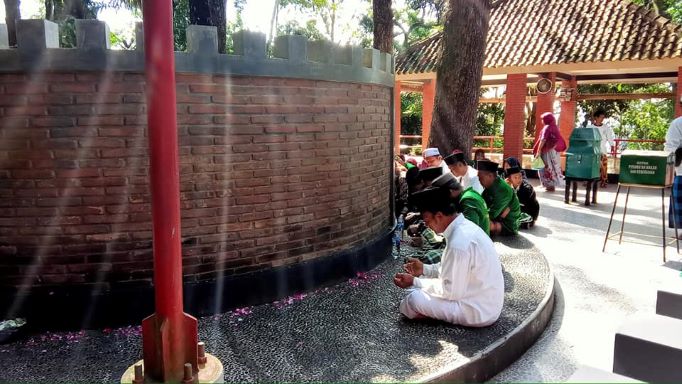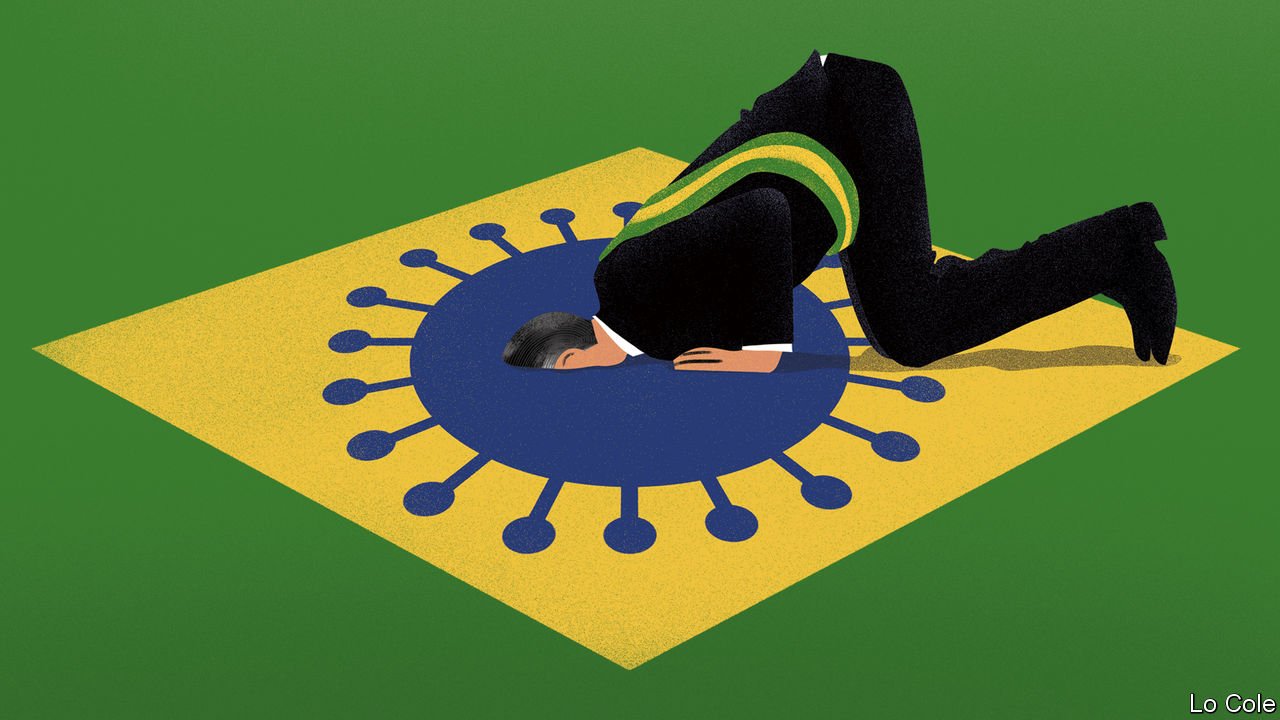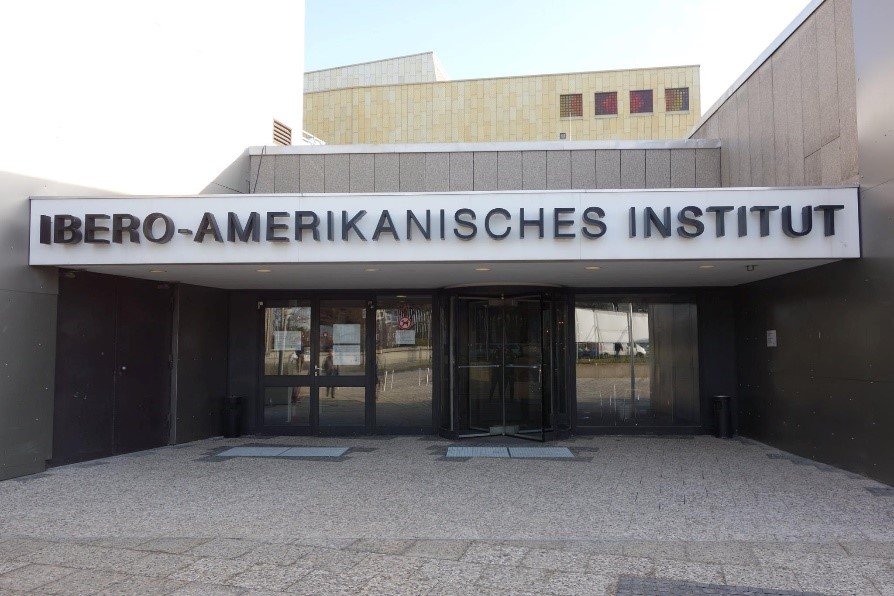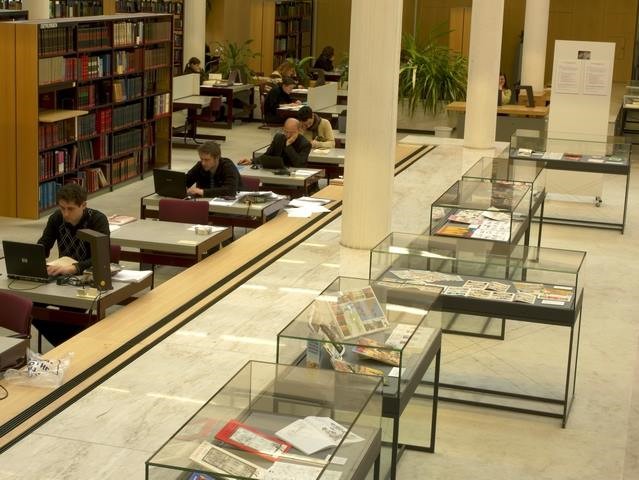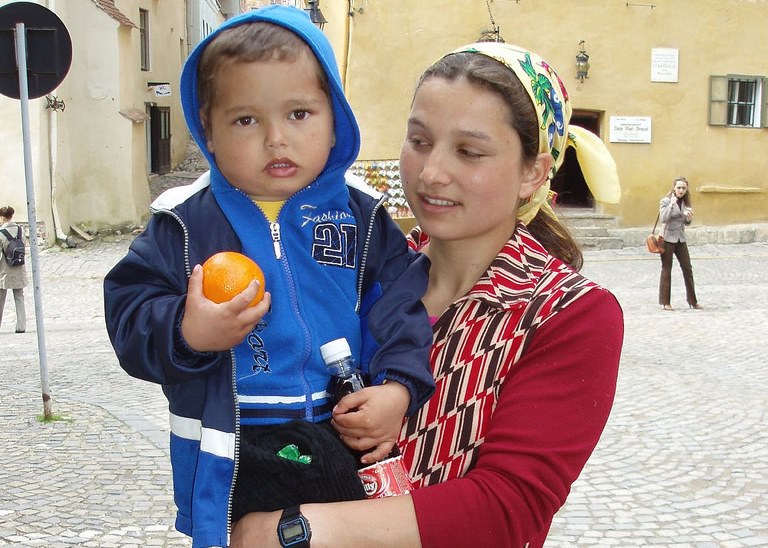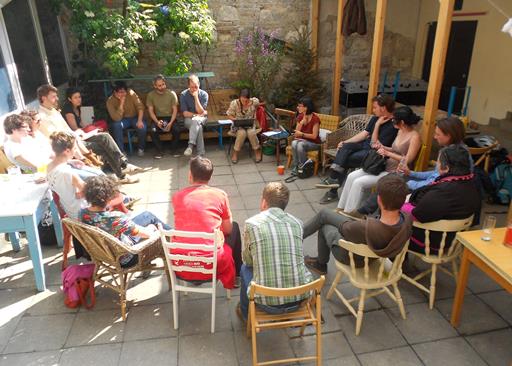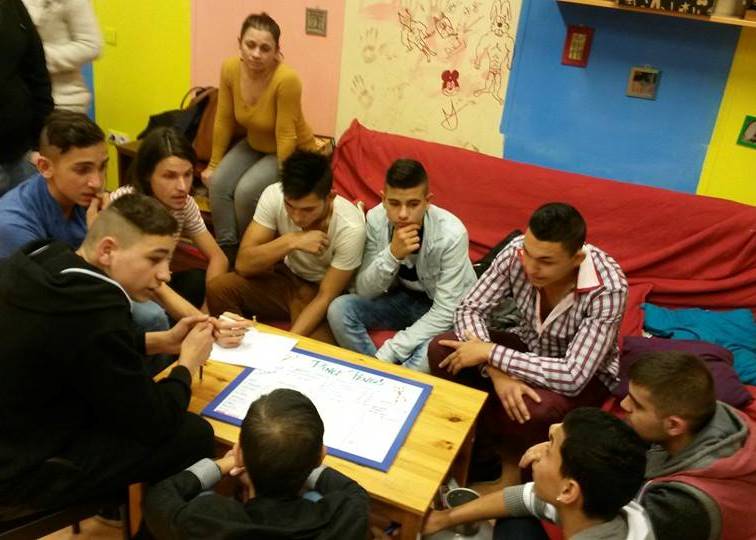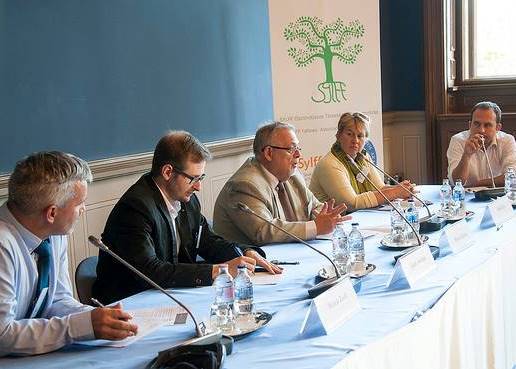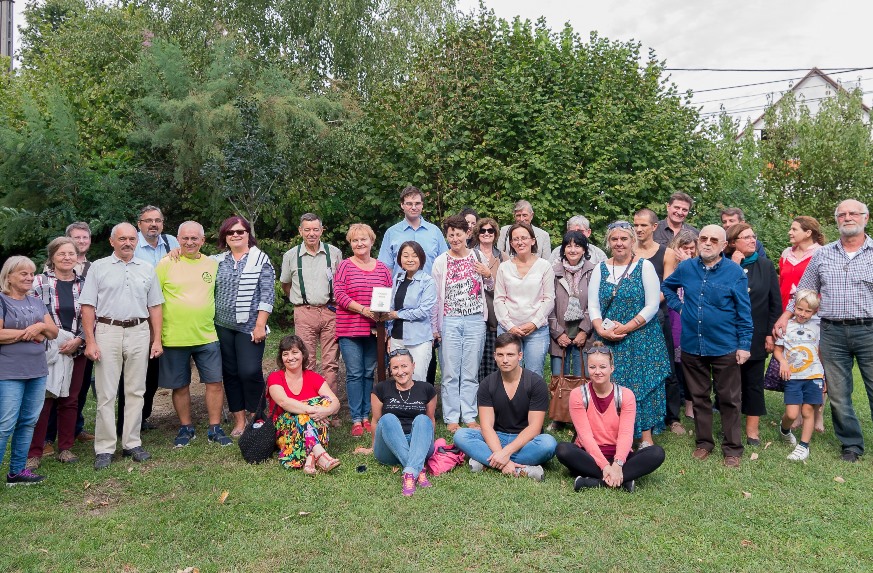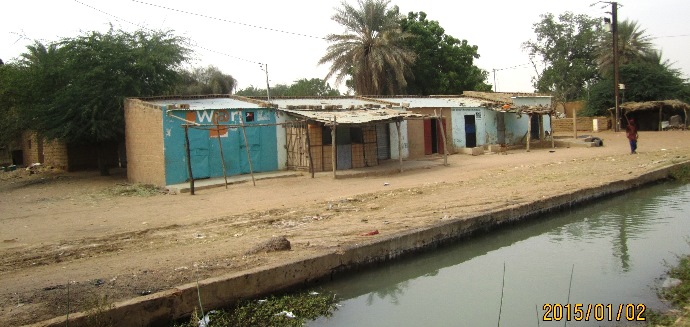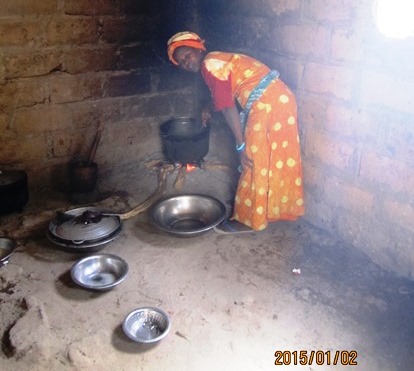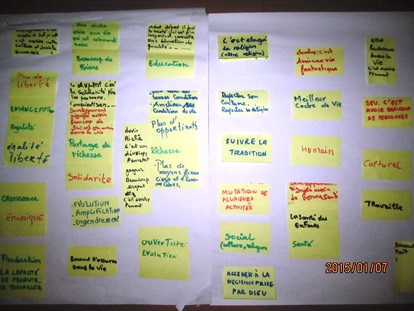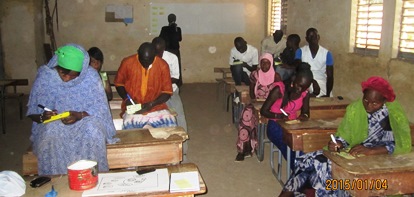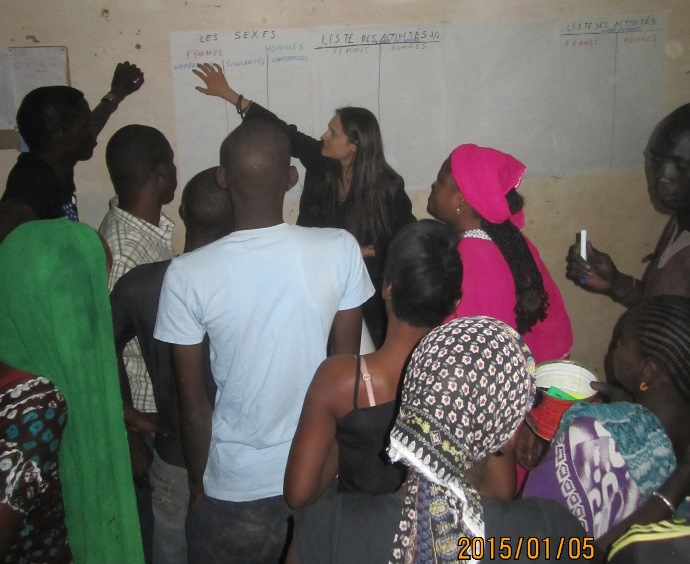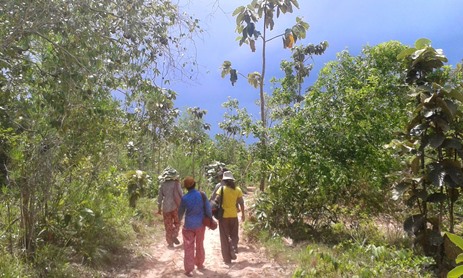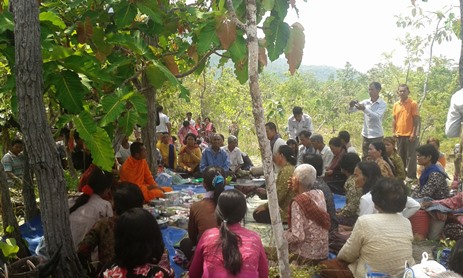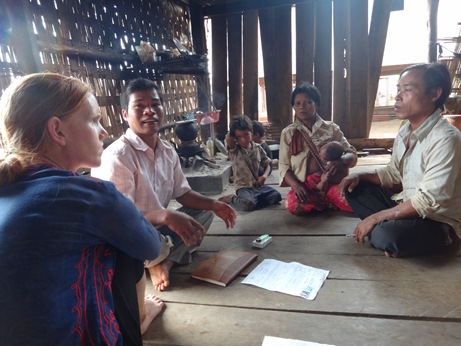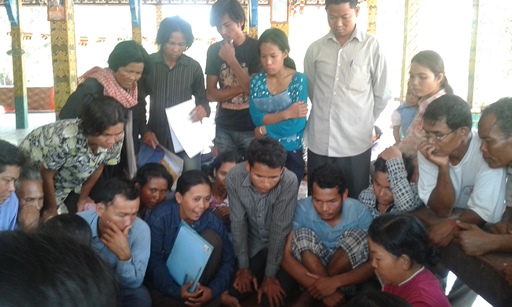Through an exploration of the differential experiences of students across social backgrounds of caste, class, religion, and gender, Taniya Chakrabarty (Jawaharlal Nehru University, 2021–23) explores how diversity—often promoted as a virtue in modern corporate culture—is viewed, understood, experienced, structured, and reproduced on the campuses of India’s elite universities.
* * *
The role of structure and agency and the relevance of the individualization thesis remain an ongoing debate in the social sciences. In recent years, a consensus has emerged among scholars that although education, in principle, creates new opportunities, the structures and processes through which education is imparted often give rise to inequalities, as not all members of society equally benefit from it (Chitnis 1972; Rivera 2012; Littler 2017). Given the complex but close relationship between education and occupation in modern capitalist societies, inequalities in the system of education also give rise to inequality in matters of employment and social mobility (Beteille 1991).
In this regard, elite educational institutions play an important role not simply in conferring academic credentials but also in cultivating cultural fit and merit that together valorize individualism in terms of hard work and capabilities. Under such a system, individuals are forced to internalize the market perspective of competition and hard work and are made to believe in the need to invest in all-round development to make themselves suitable for the market.
It is commonly argued that there are differences in aspirations among people depending on whether they are located in the margins or the mainstream. In recent years, the policy of reservations in India has enabled students from marginalized backgrounds to secure admission to elite, public-sector educational institutions,[1] giving them not only access to high-status credentials and skill training but also the opportunity to interact and socialize with the privileged classes and to cultivate social and cultural capital (Khan 2023). Although still disproportionate in terms of presence, through their admission into eminent institutions, educated students belonging to lower castes and classes have been able to successfully enter previously restricted markets for high-status, high-paying jobs. As a consequence, the Indian middle class of today is an expanding space with variable levels of privilege and claims to merit, making the discussion on merit significantly more interesting and complicated.
Using a primarily qualitative method of in-depth interviews and focus-group discussions, my SRG study looked at the process of “self-making” among MBA students at a premier business school in Kolkata, India. Through an exploration of the differential experiences of students across social backgrounds of caste, class, religion, and gender, my study explored how diversity—often promoted as a virtue in modern corporate culture—is viewed, understood, experienced, structured, and reproduced in elite campuses.
Merit, Culture, and Social Identity: Understanding the Linkages
Elite educational institutions in India, have a distinct institutional habitus comprising several formal and informal norms for academic, nonacademic or extracurricular, and social or interactional pursuits. The management training offered at in premium B-schools are known for their distinct quantitative pedagogy and the system of relative grading that assesses students based on the performance of their colleagues. Students reported relying on group studies as a means of matching up with each other; described as “cooperative competition,” such a method of learning acclimatizes students to the cultures of competition and teamwork prevalent among elite educational institutions and business corporations.
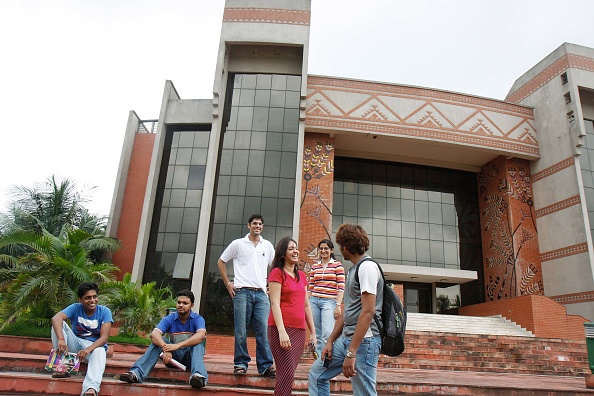
©Hindustan Times via Getty Images
Following implementation of the policy of reservations, the MBA batches on campus included students from both reserved or marginalized and unreserved or dominant segments of society. However, because of its unilateral benchmark for performance, the system of relative grading was found to overlook histories of inequality in opportunities and outcomes among students in expecting them to compete for a common standard of performance. While such methods, in principle, can be expected to promote collaborative learning, students from marginalized backgrounds argued that they, in practice, are often unequal and exclusionary, as they create a graded pattern of competency, where success is dependent on their relative positions of privilege.
Guided by the concept of “cooperative competition,” whereby cooperation is fostered to produce competitive outcomes, students reported relying on group studies and projects to meet educational standards. However, the groups formed were described to follow traditional norms of collective formations, that is, students largely collaborated with colleagues belonging to similar social and cultural backgrounds and levels of academic competence. This, in turn, meant that students from less privileged or diverse backgrounds had little room to collaborate with their higher-performing peers and were instead left to either study by themselves or collaborate with students experiencing similar struggles. Such a practice shifted the onus of performance onto weaker students to match up to their privileged peers but with limited opportunities for learning.
Yet again, within the institutional habitus (Bourdieu 1986), relative grading reinforced the set boundaries of social reputation and status. Early investment in education, such as good schooling, tutoring, and mentorship, significantly impacted methods of acquiring knowledge, training, and proficiency among students. Although relative grading in practice indicates students’ performance relative to that of their peers and not their actual quality of knowledge, those unable to match up to their colleagues were observed to adopt several strategies, such as altering their choice of courses or withdrawing from social engagements due to lack of confidence or fear of social judgment.
In addition to academic engagements, top-ranked business schools also greatly emphasize extracurricular activities as part of the self-making exercise, providing multicourt sports stadiums, inter- and intra-collegiate sports events, and institute clubs for dance, music, debates, quizzes, and the like. Those proficient in such activities are often rewarded with positions of responsibility and viewed as the elites or “campus stars.” Although, in principle, such opportunities are available to all students, in practice, not all students actively participate in such activities. Students struggling to academically compete with their privileged counterparts were observed to largely withdraw or maintain a low profile in such activities. However, with potential employers increasingly emphasizing extracurricular activities as endorsements for soft skills and culture fit at the time of recruitment (Rivera 2012), such acts of withdrawal or reduced participation worked against applicants during the recruiting process.
In keeping with market prescriptions, MBA students closely emulated the cultural norms, behaviors, and expectations associated with corporate culture, following specific guidelines for acceptable and desirable behavior in various aspects of campus social life, including fashion and style, personal hygiene, appearance, hangout spaces on and off campus, food and beverage consumption, the nature of interactions, self-preservation, presentation styles, social behavior, attitudes, and personalities—all of which were observed, compared, and consciously embraced by students as part of their self-making process.
Accordingly, respondents in this study were observed to adopt a process of cultural adaptation through alterations in language and discourse; lifestyle and consumption choices; appearance and presentation; social behavior during interviews, preselection corporate dinners, and events; participation in extracurricular activities like sports, quizzing, or debating; and consumption patterns. Such markers of merit and corporate fit identified by respondents necessitate early investments of social, cultural, and symbolic capital that together form the ideas of self among students.
Adhering to pervading notions regarding competition and merit, students on campus were broadly categorized into two categories: the negative “complainer” who would express their dissatisfaction, struggles, or annoyance with the competitive system, and the positive “go-getter” who would consider such difficulties as a challenge and work toward overcoming them to succeed within the system. Through exhortations like “Don’t be a complainer but a go-getter,” the university’s cultural habitus compels students to accept and internalize competition as both inevitable and aspirational while simultaneously disallowing students the space to speak of their struggles in coping with such a system.
Self-Making and Social Mobility: Confirmation or Anticipatory Socialization
Bourdieu (1986, 46) argued that to retain their claims to privileged positions, the elite creates an “imaginary universe of perfect competition or perfect equality of opportunity, a world without inertia, without accumulation, without heredity or acquired properties, . . . and every prize can be attained, instantaneously, by everyone, so that at each moment anyone can be anything.” With role models in their habitus (Bourdieu 1967), the process of “self-making” or reputation building among privileged students is not something new or unfamiliar; rather, it is a reproduction of inherited knowledge and shared experiences learned in their homes and performed with ease (Khan 2012); such students are not required to alter what they learned through their primary socialization. Evidence of this was found among respondents who succeeded in this system. Primarily coming from families with histories of academic and professional achievement, such students exhibit familiarity and ease with success, ascribing this to their “winning attitude”; in contrast, students from less privileged backgrounds, often encountering this system for the first time, spoke of their struggles and repeatedly requested that their circumstances be given greater consideration.
Many less privileged students were observed to engage in a process of anticipatory socialization, where they viewed the ideas, values, attitudes, lifestyles, and communication and behavioral styles of their privileged peers as reference for their cultural training (Merton 1957). Even though they struggled to adapt culturally, students from marginalized backgrounds, especially first- and second-generation learners, nevertheless found that this experience contributed to a sense of self-realization and offered them a chance to re-envision their future. Students from marginalized castes, classes, or religious backgrounds are less likely to have a network of rich, influential, and resourceful people and/or lack the cultural knowledge required to form market associations. Some respondents pointed out that their families often held opposing cultural beliefs. In this regard, elite educational institutions offer such students a rare opportunity to socialize and form networks of information and cultural exchange:
“Some of us did not learn about business, investment, generating funds, or having a risk appetite in our homes. But here we learned about these in class, from case studies, etc., but also from our classmates who learned all of this from their fathers or brothers. So now even we dream of starting something of our own one day and have the confidence that we can make it work. Because we now know people who did that. Some of the guys here already have that experience, and we learn from that.”
With professional training and exposure to ideas concerning business, investment, planning, strategy, and risks, respondents from socially disadvantaged sections were found to alter and reorient their aspirations. This change in ideas of self and outlook for the future was also observed among women students.
Although still disproportionately low, female representation in the MBA course has been increasing. Further, following widespread calls for gender-diverse hiring policies, female students were reportedly hired early in the placement process; but they nonetheless encountered stagnation post-recruitment, as diversity policies were limited to entry-level positions and did not extend higher up the organizational hierarchy. An interesting corollary has been that while female students reported feelings of empowerment due to their high-status jobs, emerging as critical providers for the family—a role traditionally designated to males—owing to their increased earnings, they also reported difficulties in finding suitable marriage partners with comparable income levels.
The hiring of professionally trained individuals thus appears to be strongly influenced by social and cultural factors. Successful performance is based not on individual effort alone, moreover, but is significantly conditioned and constructed through such collective determinants as family history, educational and vocational histories, cultural exposure, social networks, and experience of cultural adaptation. Although individuals from disadvantaged backgrounds have indeed demonstrated their abilities and achieved upward social mobility, my study has shown that their success is nevertheless contingent upon their proximity to middle-class cultural norms.
Conclusion
My SRG study was an attempt to unravel the processes of self-making and privilege reproduction, as well as the struggles that students from marginalized backgrounds encounter as they strive to validate their achievements and claims of merit within established institutions. It examined the process of self-making experienced by students from diverse backgrounds, especially through specialized education.
My research revealed that as students from socially marginalized families adapt to corporate culture, they are simultaneously engaging in a process of self-development and navigating potential conflicts with their families and with themselves. It may be worthwhile in the future to examine how educational institutions are responding to the changing social and cultural composition among their students and also to investigate the policy changes institutions are implementing to maintain their exclusivity while simultaneously complying with affirmative action policies.
[1] The reservation policy in India is an affirmative action process of reserving a certain percentage of seats (with a maximum limit of 50%) for socially marginalized groups like Scheduled Castes (SCs), Scheduled Tribes (STs), Other Backward Classes (OBCs), religious minorities, and more recently Economically Weaker Sections (EWS) in educational and employment organizations. However, the policy is binding only in the public sector. Private-sector institutions have successfully lobbied to remain outside the purview of these quotas.
References
Beteille, A. (1991). The Reproduction of Inequality: Occupation, Caste and Family. Contributions to Indian Sociology, 25(1), 3–28.
Bourdieu, P. (1986). The Forms of Capital. In J. Richardson, ed., Handbook of Theory and Research for the Sociology of Education. Westport, CT: Greenwood, 241–58.
Bourdieu, P. (1987). The Force of Law: Toward a Sociology of the Juridical Field. Hastings Law Journal, 38.
Chitnis, S. (1972). Education for Equality: Case of Scheduled Castes in Higher Education. Economic and Political Weekly, 1675–81.
Khan, S. R. (2012). The Sociology of Elites. Annual Review of Sociology, 38, 361–77.
Khan, S. R. (2023). Legacy Admissions Don’t Work the Way You Think They Do. Guest Essay. New York Times. Available at: https://www.nytimes.com/2023/07/07/opinion/alumni-affirmative-action-legacy-admissions.html.
Littler, J. (2017). Against Meritocracy: Culture, Power and Myths of Mobility. Taylor & Francis.
Merton, R. K. (1957). The Role-Set: Problems in Sociological Theory. The British Journal of Sociology, 8(2), 106–20.
Rivera, L. A. (2012). Hiring as Cultural Matching: The Case of Elite Professional Service Firms. American Sociological Review, 77(6), 999–1022.





